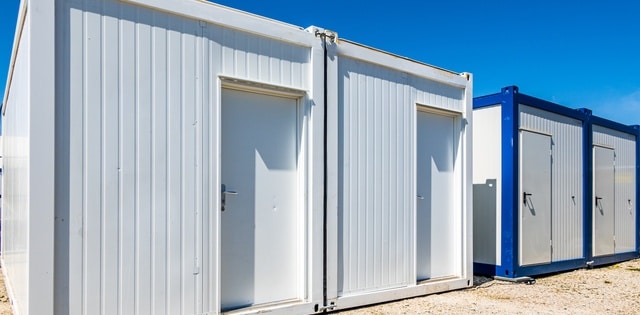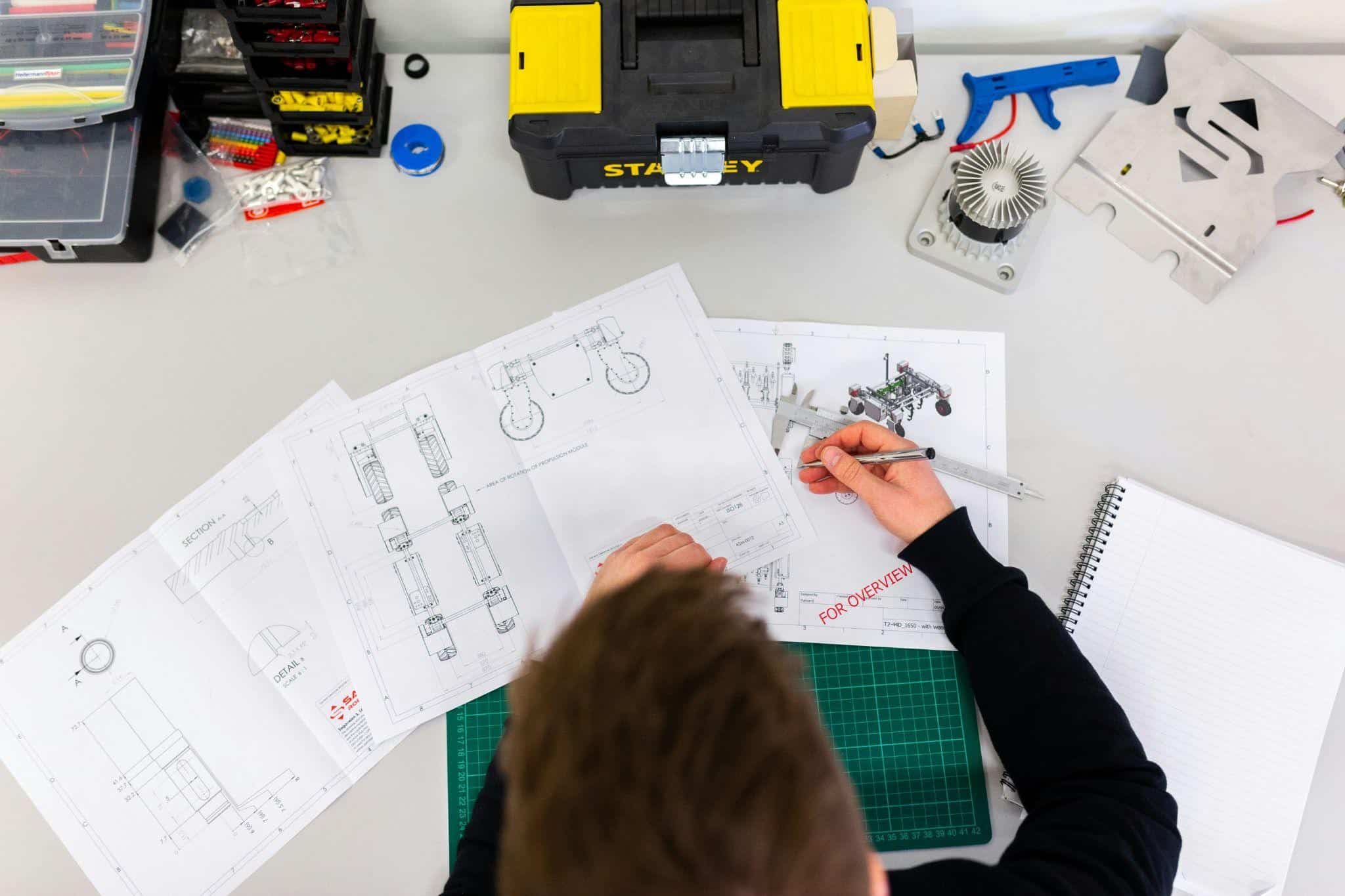Top Features To Look For in a Shipping Container for Business


Shipping containers have transformed from simple cargo transport units into versatile business solutions. Whether you’re planning a mobile coffee shop, pop-up retail space, or temporary office, choosing the right container can make or break your venture.
The features you select directly impact your operational costs, customer experience, and long-term success. Let’s explore the must-have characteristics that separate ordinary containers from exceptional business investments.
1. Proper Insulation and Climate Control
Temperature regulation tops the list of features for any business container. Poor insulation creates uncomfortable environments for customers and employees while driving up energy costs.
High-quality insulation maintains consistent interior temperatures year-round. This feature becomes especially important if you’re serving food, storing inventory, or creating workspace environments. Many successful container businesses invest in spray foam insulation combined with climate control systems to ensure optimal conditions.
2. Electrical Infrastructure and Power Options
Modern business operations require reliable electrical systems. Your container should accommodate standard electrical wiring, outlets, and lighting fixtures without compromising structural integrity.
Consider power sources carefully. Grid connection works well for stationary locations, while solar-powered shipping container structures offer energy independence for remote locations. Solar solutions reduce operational costs while demonstrating environmental responsibility to eco-conscious customers.
3. Strategic Window and Door Placement
Natural light transforms cramped containers into inviting business spaces. Well-positioned windows create visual appeal while reducing lighting costs during daytime hours.
Door placement affects customer flow and operational efficiency. Multiple entry points work well for retail applications, while single entrances suit office or studio spaces. Consider roll-up doors for businesses that require easy loading access or dramatic opening effects.
4. Structural Modifications and Customization Capability
Modification and flexibility are other features to look for in a shipping container for business. Your container should accommodate structural changes like partition walls, mezzanine levels, or exterior attachments.
Professional welding points and reinforcement options allow safe modifications. Some businesses combine multiple containers to create larger spaces. The ability to cut openings, add extensions, or connect units expands your design possibilities.
5. Flooring and Interior Finish Options
Standard container floors often require upgrades for business use. Corrugated steel floors work fine for storage, but create challenges for customer-facing applications.
Upgraded flooring options include plywood subflooring, vinyl planks, or concrete overlays. These improvements create professional appearances while providing comfort for extended standing or walking. Interior wall treatments also matter—bare steel creates industrial aesthetics, while drywall or paneling offers finished appearances.
6. Security and Weatherproofing Features
Business containers need enhanced security beyond standard shipping locks. Consider reinforced locking mechanisms, window security bars, or alarm system integration.
Weatherproofing prevents costly interior damage and maintains professional appearances. Look for containers with proper sealing around doors, windows, and roof penetrations. Rust-resistant coatings extend container life while reducing maintenance requirements.
By thinking outside the box with shipping container businesses, entrepreneurs can create unique, cost-effective solutions that stand out in today’s competitive market. Just make sure you seek the best features to ensure your shipping container is right for your business.









